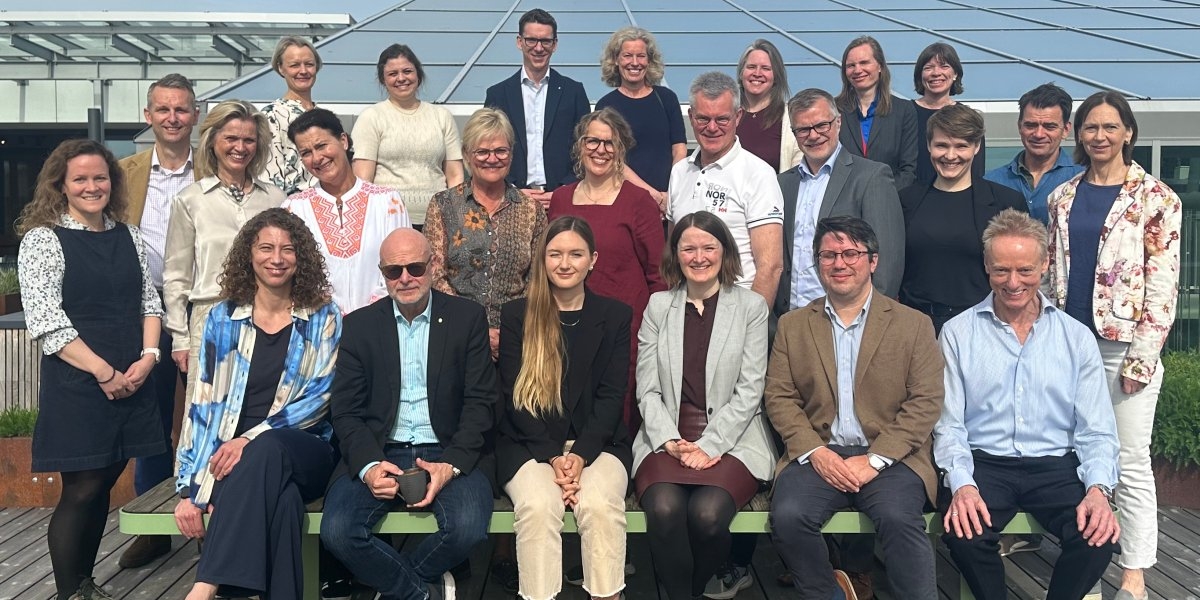The partners in EVOLVE - Kick-off April 2025
Reform of the electricity market and its implementation across Europe – Launch of the CICERO-led project EVOLVE
In 2024, the EU adopted a reform of the electricity market design. A new research project is looking into how this will be implemented across Europe: EVOLVE - Europe’s evolving market design towards 2040: Electricity Market Reform and decision-making during its implementation.
About EVOLVE
EVOLVE is a four-year project and was launched with a full-day seminar in late April. This event brought together distinguished experts, stakeholders, and partners to discuss the evolution of the EU electricity market and its implications for Norway.
The project will address critical aspects such as market design, regulatory frameworks, and the integration of renewable energy sources, ensuring that the market evolves in a way that supports the European energy transition towards net-zero emissions.
The event commenced with a warm welcome from CICERO director Kristin Halvorsen, before project manager Torbjørg Jevnaker (CICERO) introduced the project.
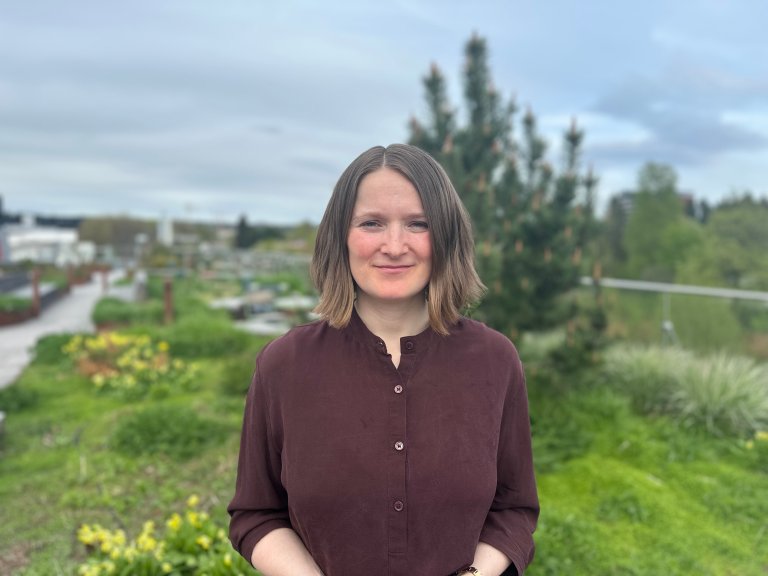
The remainder of the day was split into five thematic sessions:
1. Evolution of EU electricity market policy
In the first session, Leonardo Meeus (Florence School of Regulation, FSR) provided an in-depth analysis of ongoing developments of relevance to the electricity market design, posing the question of whether we are already reforming the reform. Ignacio Herrera Anchustegui (University of Bergen) discussed the evolving role of competition law in the electricity market.
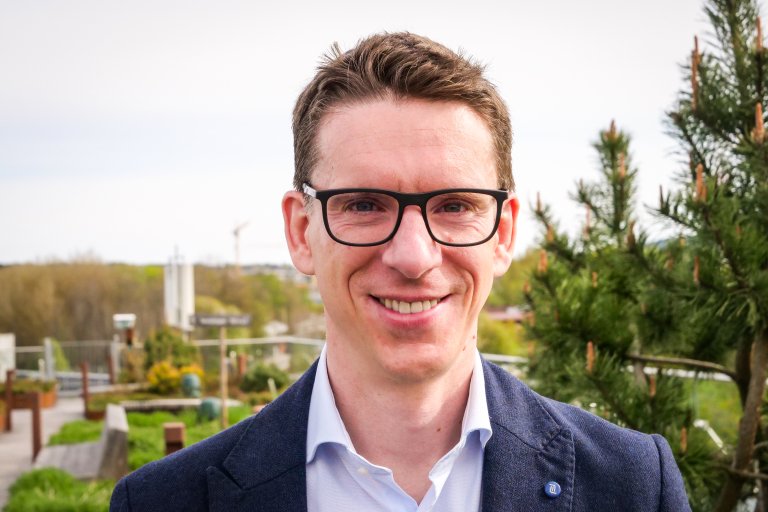
Marie Lindberg (CICERO) offered valuable insights on the implications for Norway, which led to a stimulating open discussion around the interconnectors, their effect on electricity process and variations in power price, bringing in the insights from the public debate in other European countries.
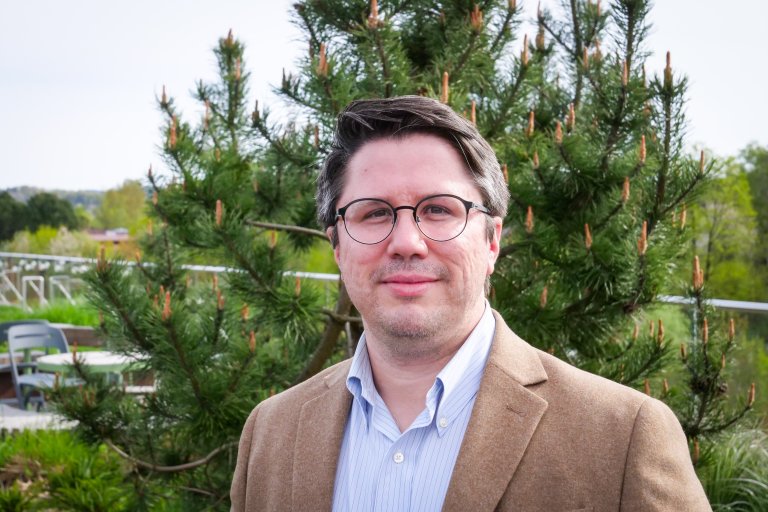
2. Knowledge needs and EVOLVE
The second session explored the project's knowledge needs and priorities, featuring a panel discussion with EVOLVE societal partners on the expectations for the project and knowledge gaps in the field, led by Gunnell E. Sandanger (CICERO).
In the discussion it was highlighted that European regulation is important for the Norwegian power market and system.
There is a need for more knowledge into the debate, and the actors need to understand more on how rules can be applied and the implications of them. This challenge is not unique to Norway.
The focus from actors in the field needs to be more holistic, not focus only on the specific regulation of the electricity grid, for instance, as many rules affect the power system today.
Finally, they have an interest in learning more about how different countries think that the market should function and how they seek to supplement the market with state intervention. This is something that EVOLVE will contribute to via case studies of how the recent reform is implemented across Europe.
3. The role of regulators
During the third session, Kaisa Huhta (FSR) examined research gaps and recent developments in the EU legal framework for delegating power to independent agencies in the electricity sector. She highlighted that this also evolves via case law. Torbjørg Jevnaker drew attention to the controversies surrounding the EU energy agency ACER, with three political parties in the Norwegian parliament having adopted resolutions demanding ‘Norway’s exit from ACER’. Both referred to how the independence of agencies is sought reconciled with democratic ideals via how the decisions on their powers and tasks are adopted by democratically elected politicians (e.g. parliament). For Norway as a non-EU member state, the chain of delegation is somewhat different: rather than participating in the decision-making on EU legislation itself, Norwegian policymakers participate in the decision on whether to incorporate such legislation into the EEA Agreement.
4. Renewable energy support
In the fourth session, Lena Kitzing, Technical University of Denmark (DTU) presented how EU legislation requires renewable energy support to be done via contracts for difference (or their equivalents). She provided insights on how several design features need to be decided on during national implementation, with important implications for the profitability and market impact of such power production. Elin Boasson (CICERO and University of Oslo) outlined the implications for Norway, followed by an open discussion.
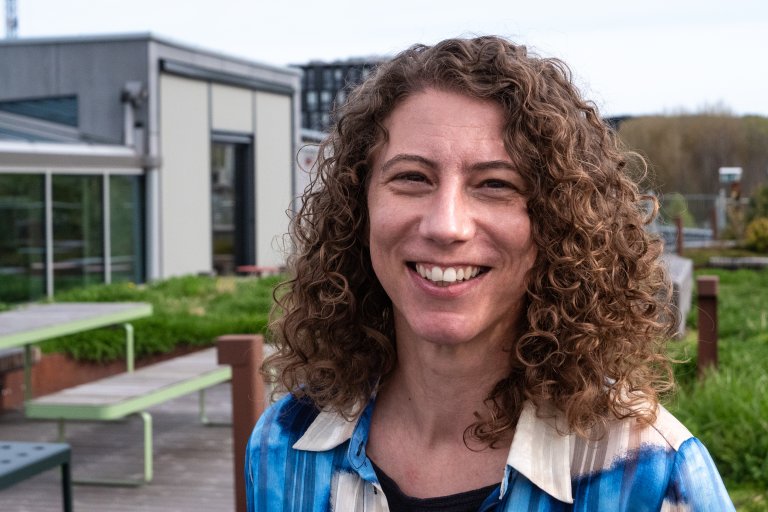
5. Flexibility and capacity
The fifth session included a review by Emma Menegatti (FSR) on national approaches to capacity and flexibility procurement, providing an overview of recent tenders across Europe. Many countries are now using these to push batteries into the market to secure more flexible capacity, while interconnectors are also seen as a resource for flexibility. Jørgen Bjørndalen (DNV) discussed the implications for Norway, including of a potential Swedish capacity market. Given the cross-border effects of national measures and investments, there is potential for regional cooperation.
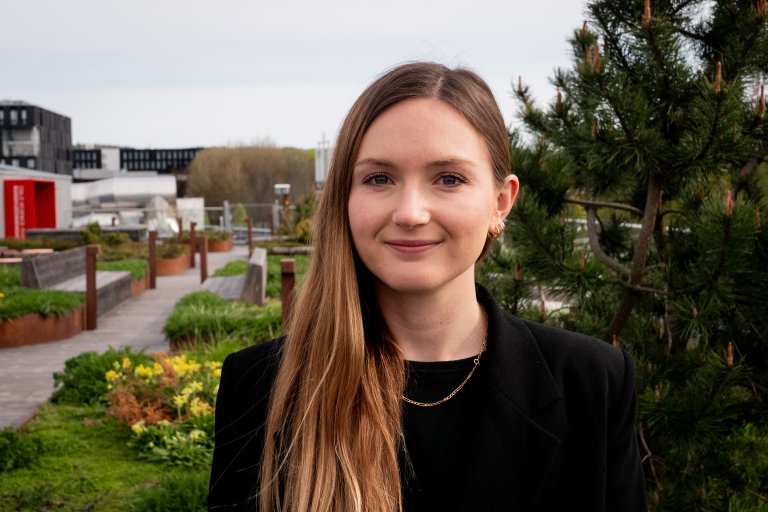
Key takeaways
The event concluded with final remarks from Torbjørg Jevnaker, summarizing the key takeaways and outlining the next steps for the EVOLVE project. The project will provide lessons from how different countries implement the EU’s electricity market reform. It will analyze how measures to support renewable energy and flexibility are designed and what this tells us about the relationship between state and market in the regulation of the power sector. The discussions during the kick-off workshop were testament to the significant decisions that will need to be made during the implementation of this EU electricity package, which will affect the continued evolution of the market.
We extend our gratitude to all participants for their valuable contributions and look forward to continued collaboration in analyzing the development of the electricity market and the European energy transition towards net-zero emissions. Thank you for being part of this significant initiative!
The EVOLVE project is funded by the Research Council of Norway.
